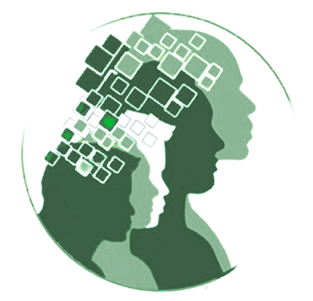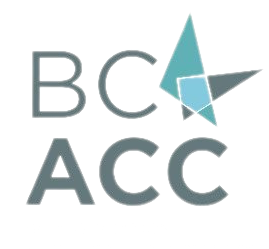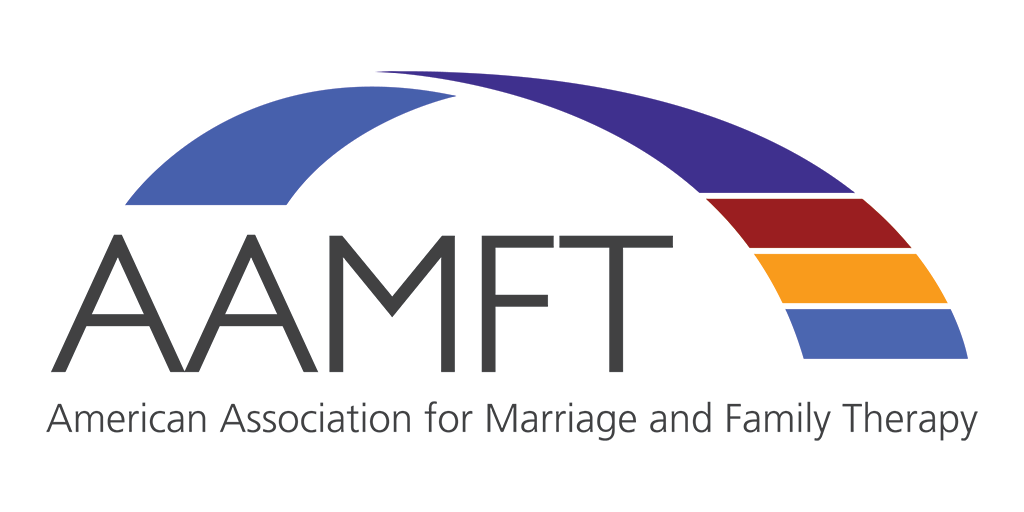When life feels overwhelming—whether because of stress, anxiety, relationship struggles, or just feeling stuck—it’s not always easy to open up and explain what you’re going through. Sometimes, even in therapy, it can be hard to put your experience into words. That’s where something called the Cultural Formulation Interview, or CFI, can be helpful—not just for professionals, but for you as the person seeking support.
Now, don’t worry—this isn’t a formal exam or a complicated test. The CFI is simply a compassionate, culturally sensitive conversation between you and your therapist our counsellor. It’s a gentle way to make sure that you’re seen and heard in the full context of your life—your values, your identity, your history, and the things that have shaped you.
Whether you’re experiencing low self-esteem, relationship stress, depression, or anxiety—or you’ve recently moved to a new country and are trying to adapt—this tool helps ensure that therapy becomes not only about what you feel, but why you feel it, how you’ve experienced it, and who you are within it all.
Therapy Is Not Just About Diagnosing—It’s About Understanding
People often assume that therapy is only for people with a diagnosis. But the truth is, therapy and counselling is for anyone who wants to feel more whole, more understood, and more in control of their life. You don’t need to “qualify” with a diagnosis to seek help and counselling services. In fact, many people come to therapy and mental health services simply because they’re struggling with:
• Romantic relationships that feel unbalanced or confusing
• Family pressure or cultural expectations that don’t align with their personal values
• Life transitions—like moving to a new country, getting divorced, or starting over
• Anxiety and overthinking, even when everything on the outside looks “fine”
• Burnout, low self-confidence, or a constant sense of not being good enough
These aren’t “disorders”—they’re human experiences. And therapy as well as counselling should be a space where those experiences are honored.
So What Is the Cultural Formulation Interview (CFI)?
The CFI is a tool introduced in the DSM-5-TR, the manual often used by mental health professionals. But unlike diagnostic checklists, the CFI focuses on understanding you as a person within your culture and context.
Therapists and counsellors who use the CFI ask thoughtful, open-ended questions such as:
• “Are there aspects of your background or identity that make a difference to what you’re going through?”
• “What do you think is causing your difficulties?”
• “Who do you talk to for support when you’re feeling overwhelmed?”
• “Have you had experiences in the past—good or bad—with mental health services?”
These questions aren’t intrusive—they’re compassionate. They open the door to conversations about the ways your upbringing, community, beliefs, or even language shape how you feel and what you need.
We’re All Culturally Unique—And That Matters in Therapy
Culture doesn’t just mean race, ethnicity, or religion. It includes your family traditions, values, gender roles, spiritual beliefs, immigration experience, and even how emotions were handled (or ignored) in your childhood.
Think about it:
• In some families, showing emotion and being vulnerable is encouraged. In others, it’s seen as weakness.
• Some cultures emphasize personal independence; others focus on community responsibility.
• One person may see anxiety as a sign of something “wrong,” while another sees it as a spiritual signal or physical issue.
All of these perspectives are valid. But if your therapist and counsellor doesn’t ask—or doesn’t know—your story, they might unintentionally miss important pieces of your experience.
That’s why culturally sensitive therapy isn’t just helpful—it’s necessary. It creates safety. It reduces shame. And it allows for real connection.
Especially Important for Immigrants, Refugees, and Newcomers
Many people in Canada come from other parts of the world. They arrive with hopes, dreams, and a strong desire to build a better life—but also with layers of loss, displacement, and sometimes trauma.
Maybe you left behind family. Maybe you had to adjust to a new language or unfamiliar cultural norms. Maybe you feel like you don’t fully belong—here or there.
These feelings can lead to:
• Loneliness or feeling like an outsider
• Stress from trying to “fit in” while staying true to your roots
• Low self-worth from being misunderstood at work, school, or in relationships
• Guilt or grief about what you’ve left behind
A therapist who understands the role of culture—and uses tools like the CFI—can help you explore these feelings with compassion and without judgment.
Supporting Emotional Health with Cultural Understanding
Let’s say someone comes to therapy and counselling feeling unfocused, anxious, or restless. They’ve been told they may have ADHD, but they also carry a deep belief that asking for help is a sign of failure. Or maybe they’ve been taught to “push through” emotional pain without talking about it.
That’s not just a psychological issue—it’s also a cultural one. Understanding a person’s internal conflict between what they feel and what they believe is essential. Therapy needs to be a space where people can reflect on both sides of their experience—their inner world and the cultural messages they’ve received.
This is just as true for clients dealing with:
• Depression, especially when it’s tied to unspoken family expectations
• Low self-esteem, rooted in childhood messages or societal stereotypes
• Relationship struggles, where different cultural backgrounds or communication styles collide
• Stress or burnout, caused by trying to live between two worlds
What Happens When Therapists and counsellors Don’t Consider Culture?
Imagine a client shares that they live with extended family, support their siblings financially, and feel guilty taking time for themselves. A counsellor unfamiliar with their cultural norms might interpret this as “lack of boundaries” or “people pleasing.”
But in the client’s culture, supporting family is a core value—and the guilt is real, not pathological.
This is where the CFI can help avoid misunderstanding and instead guide therapy toward clarity, empowerment, and balance.
Let Therapy Be a Space Where You’re Fully Seen
At the heart of the Cultural Formulation Interview is a belief in self-awareness over self-blame. It allows people to reflect on:
• What they believe about themselves
• Where those beliefs came from
• And how they might want to reshape those beliefs to feel more at peace
The best therapy relationships are built on trust, dignity, and curiosity. When therapists and counsellors use the CFI, they’re saying to the client:
“I want to understand not just what’s hurting, but who you are as a whole person.”
You don’t have to explain everything in perfect language. You don’t have to leave your culture at the door. You can show up as you are—with your strengths, your struggles, your history, and your hopes.
Want to Explore the CFI Yourself?
The American Psychiatric Association offers free access to several versions of the Cultural Formulation Interview online. These are great tools not just for professionals, but also for clients curious about how culture plays a role in therapy and counselling.
Final Thought: You Deserve to Be Understood
Whether you’ve been in therapy before or this is your first time, know this:
You deserve to be seen, heard, and supported with compassion.
Your culture matters. Your story matters. You matter.
Therapy isn’t about fixing you. It’s about walking beside you as you learn to embrace yourself more fully—including the cultural richness that makes you who you are.
If you feel that these factors need to be addressed in greater detail or if you believe a therapeutic dialogue is necessary, please do not hesitate to reach out. You can schedule counselling and psychotherapy sessions to take place in person at Park Place in downtown Vancouver, or if you live in the Tri-cities (Coquitlam, Port Coquitlam, and Port Moody), you can come to my other office in the Tri-city Business Centre located on Shaughnessy Street. Additionally, you can receive counselling and psychotherapy services online via Telehealth or virtually. If you have benefits from ICBC counselling, please feel free to reach out as well.










